The Realist School of Jurisprudence
A practical approach to understanding law and its societal impact
Understanding Legal Realism
Legal Realism focuses on the practical application of law in real-world scenarios. It emphasizes the role of judges and external societal influences in shaping judicial decisions.
Key Features of Realist School of Jurisprudence
- Law as Guidance: Focuses on predicting legal outcomes based on authoritative actions.
- Rejecting Objectivity: Challenges the notion of impartial legal operations.
- Focus on Judicial Behavior: Emphasizes personal and societal factors in judicial decision-making.
- Dynamic Perspective: Considers the evolving nature of law in response to societal changes.
Notable Jurists
John Chipman Gray
Believed courts are the primary source of law and emphasized the role of judicial interpretation.
Oliver Wendell Holmes Jr.
Proposed the "bad man's theory," viewing law through the perspective of its consequences.
Jerome N. Frank
Focused on the unpredictability of law and criticized reliance on precedents.
Carl N. Llewellyn
Viewed law as a pragmatic tool for achieving societal goals, emphasizing real-world outcomes.
Conclusion
Legal Realism provides a transformative approach to jurisprudence by emphasizing practical application, judicial behavior, and societal influence on law. Its contributions remain relevant in understanding the dynamic relationship between law and society.
Share
Related Post
Tags
Archive
Popular & Recent Post






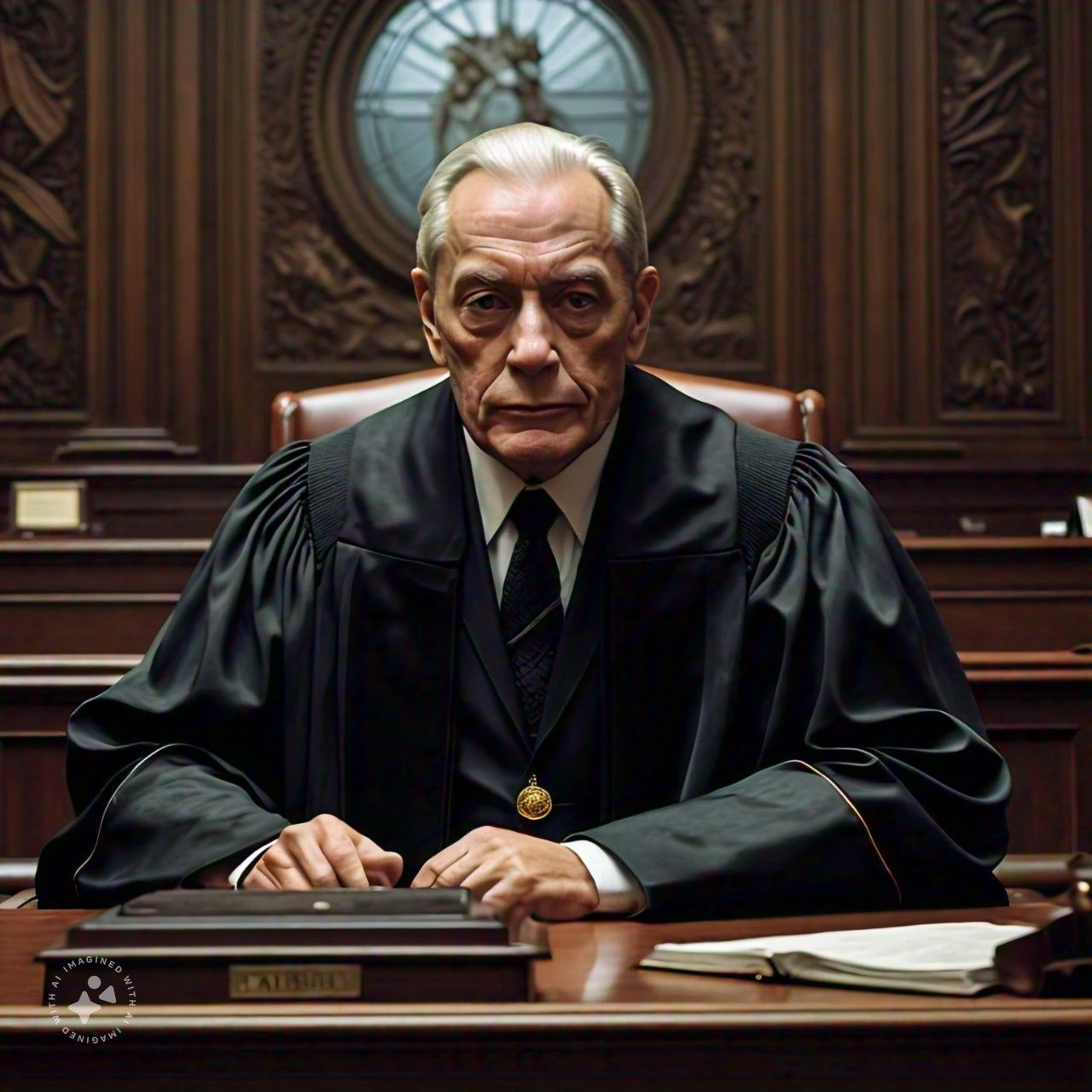
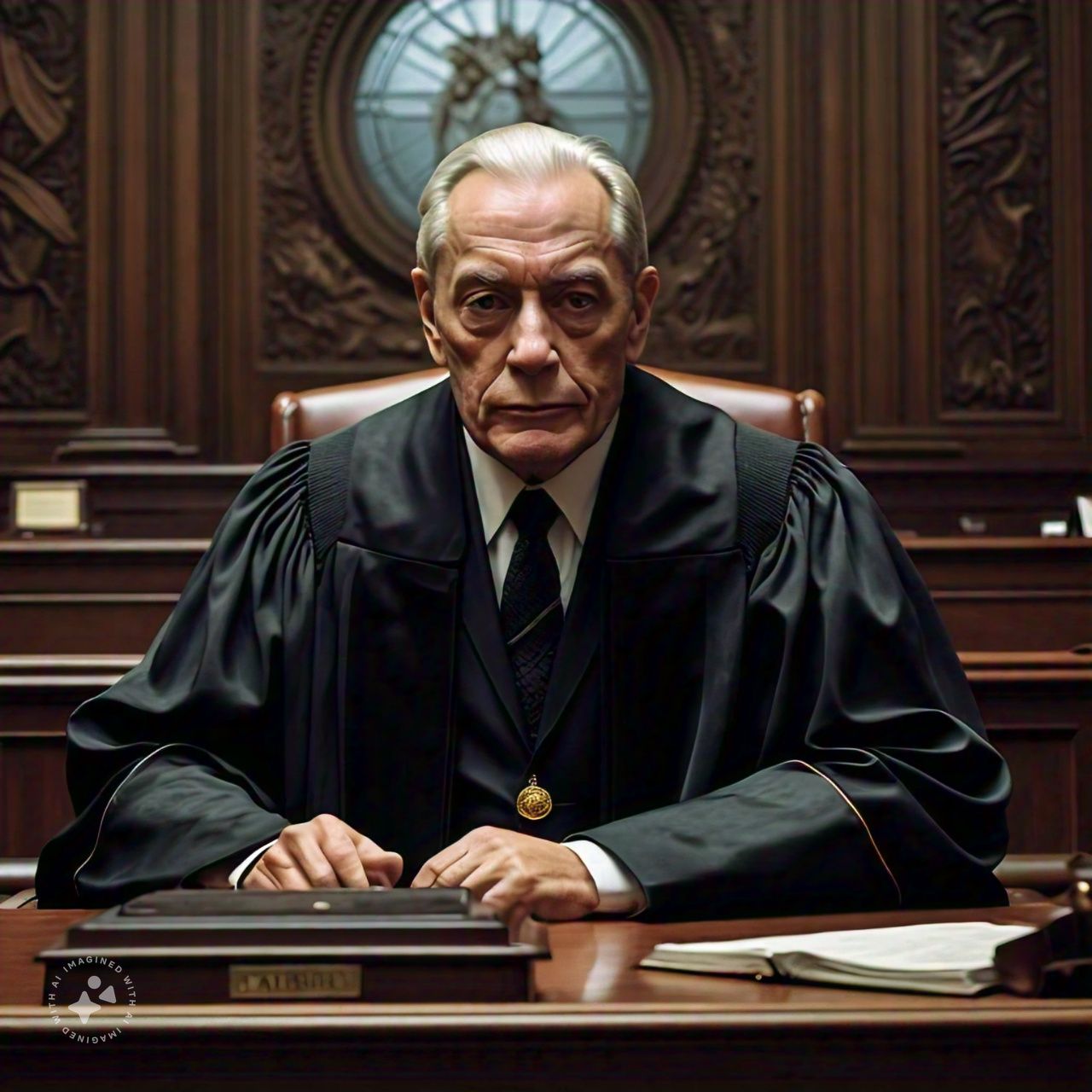
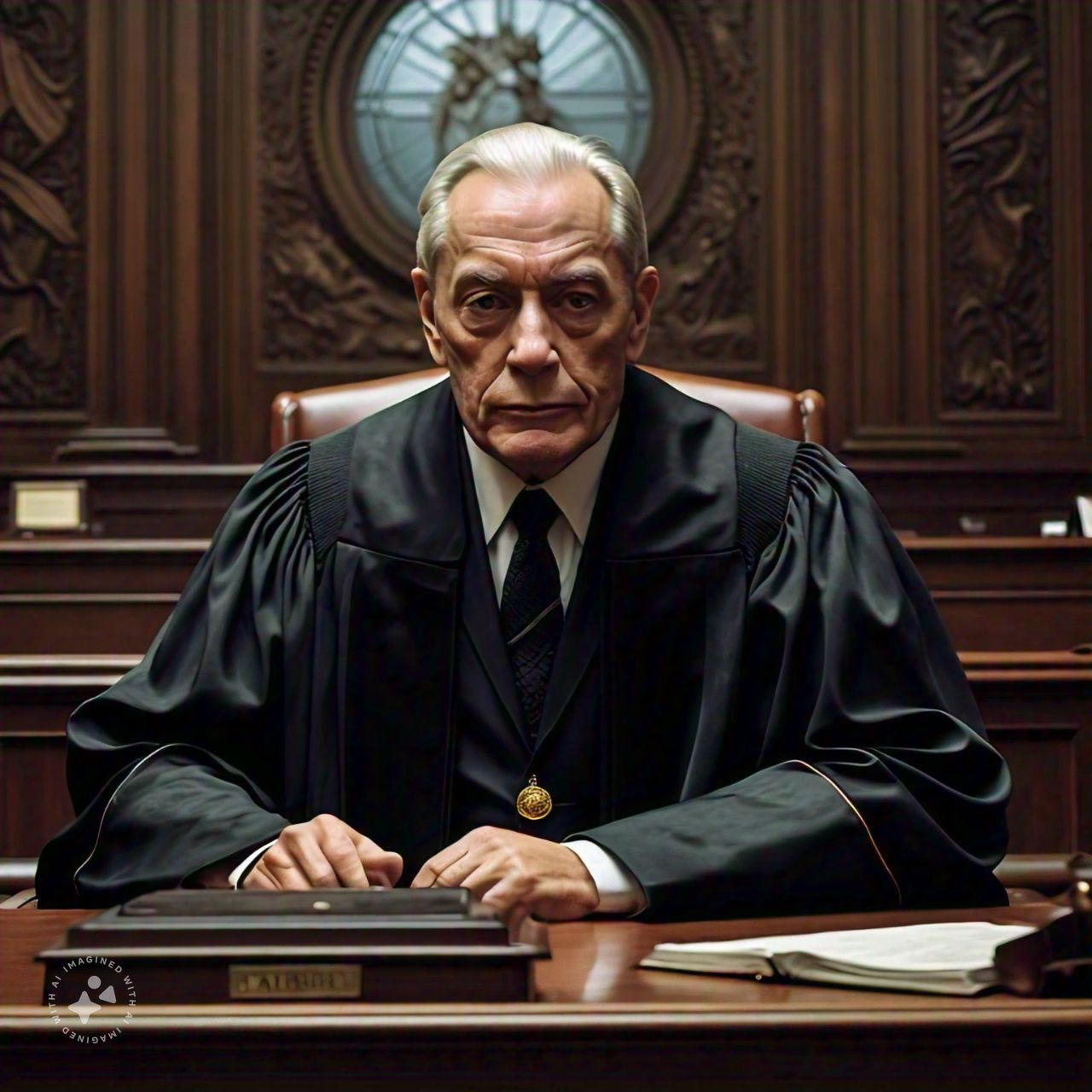
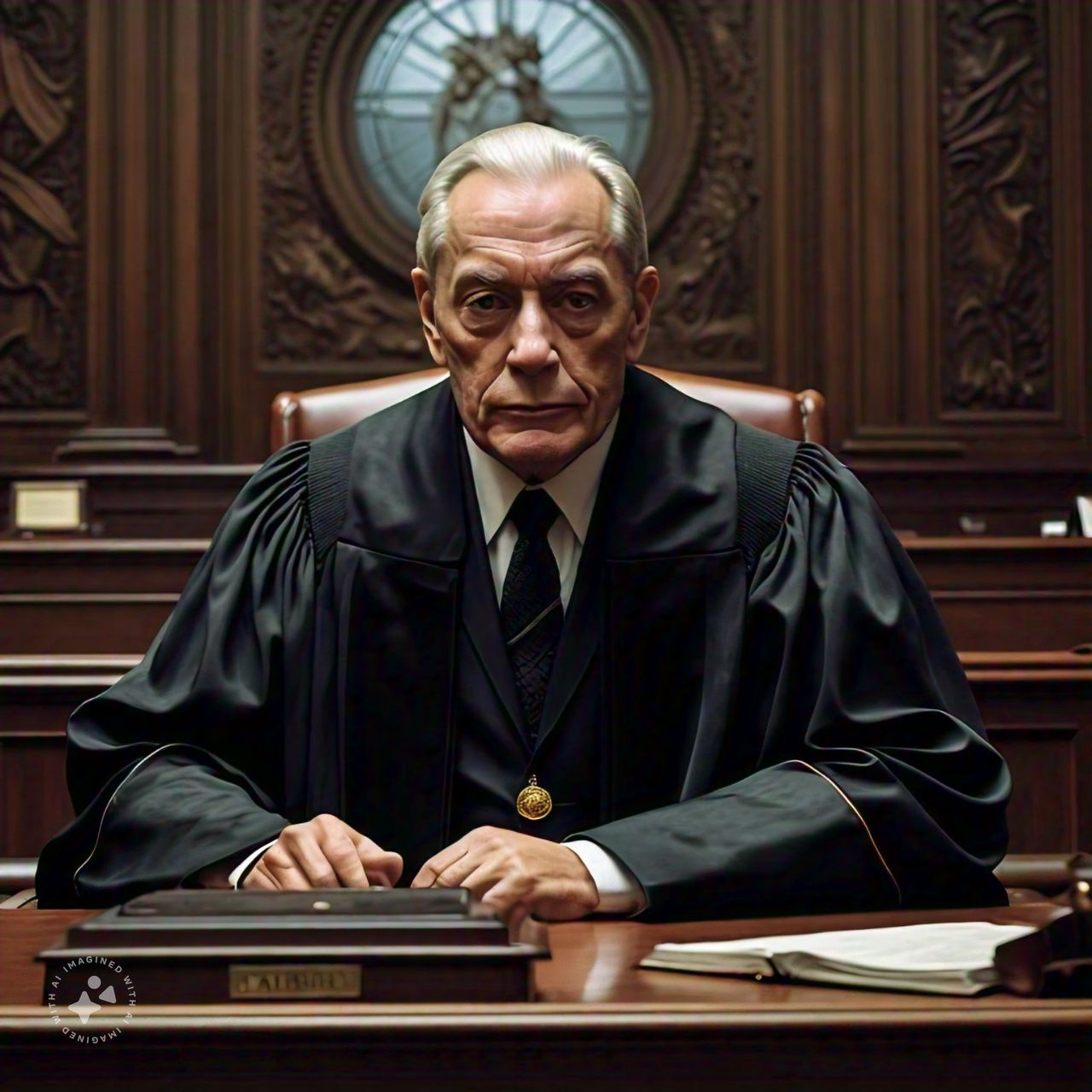
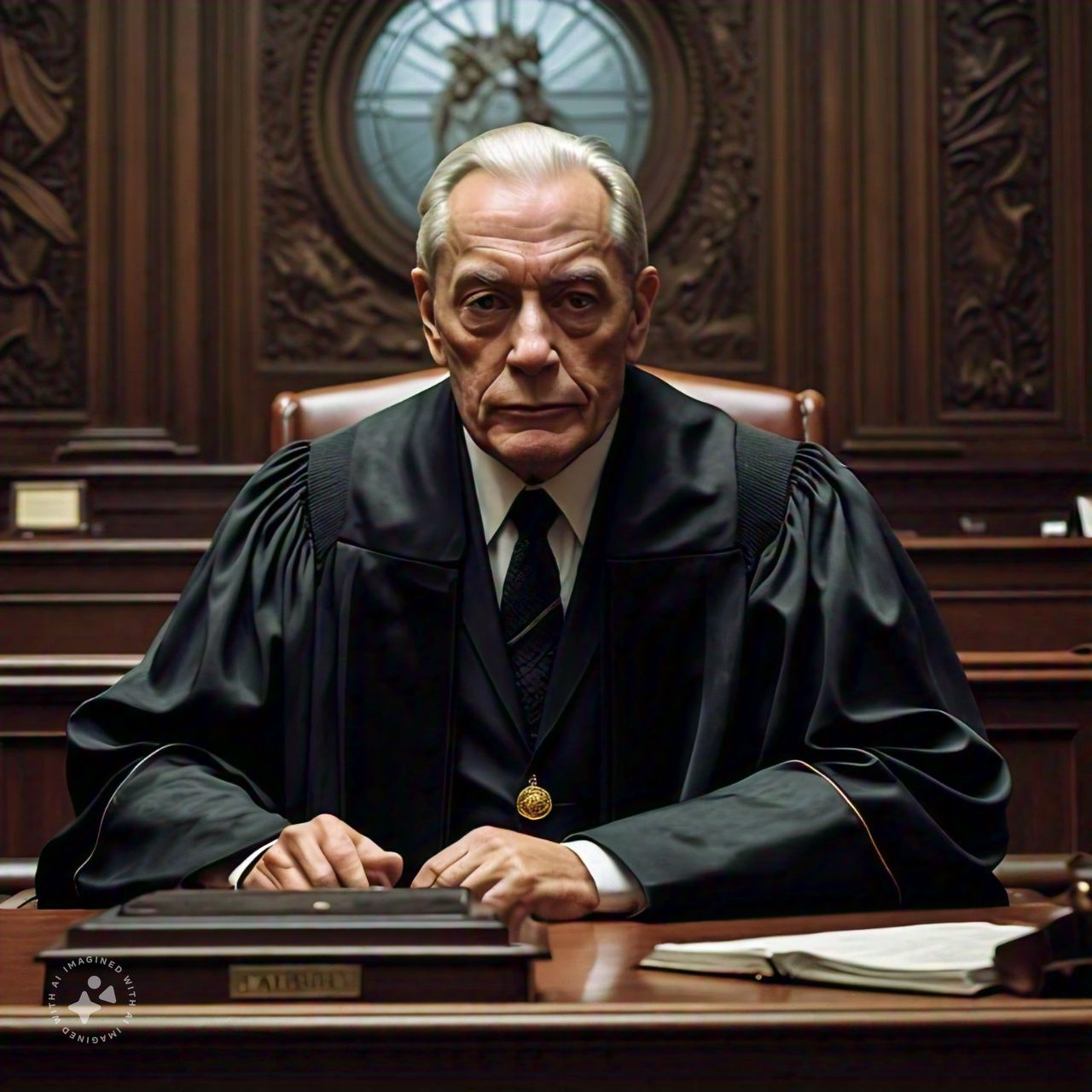
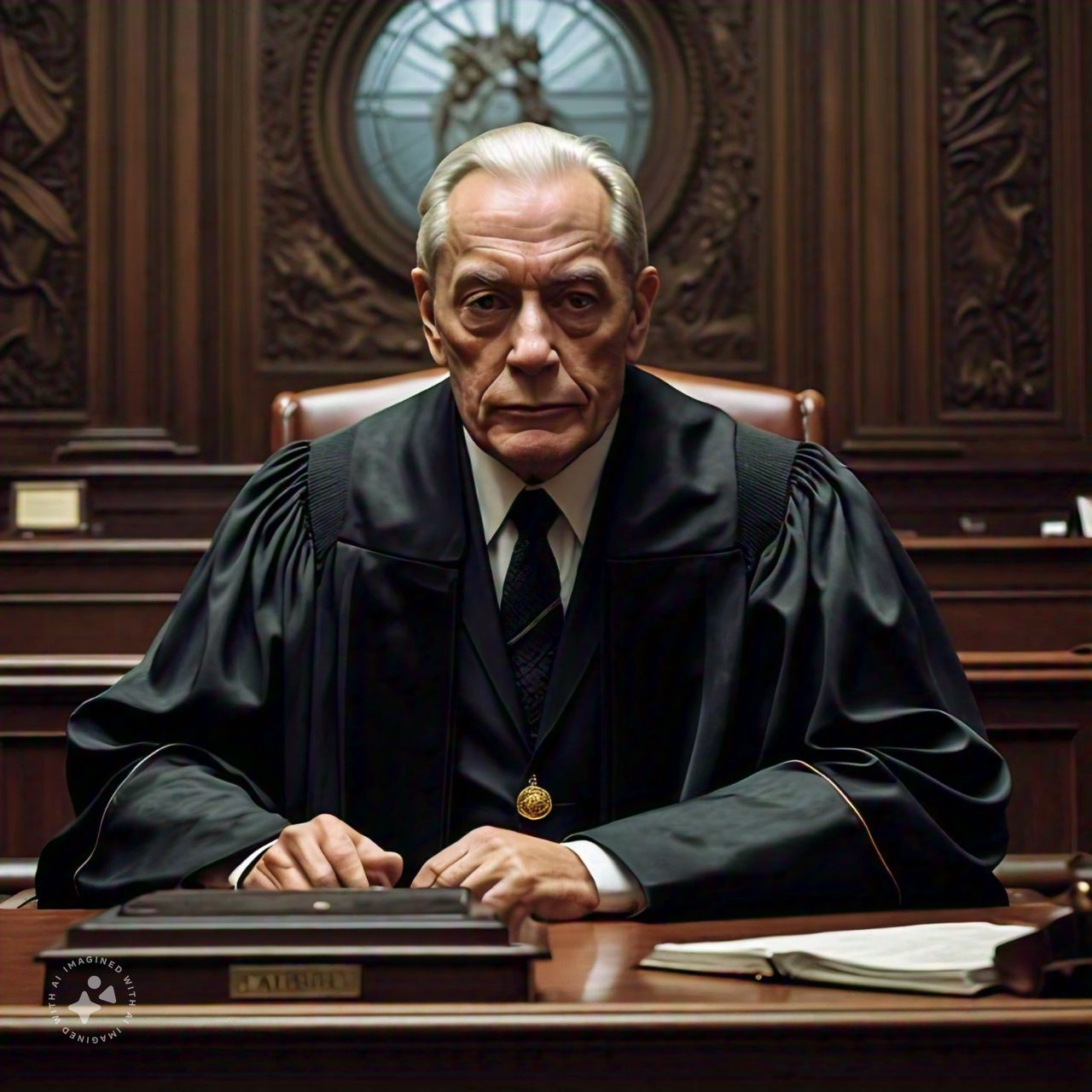
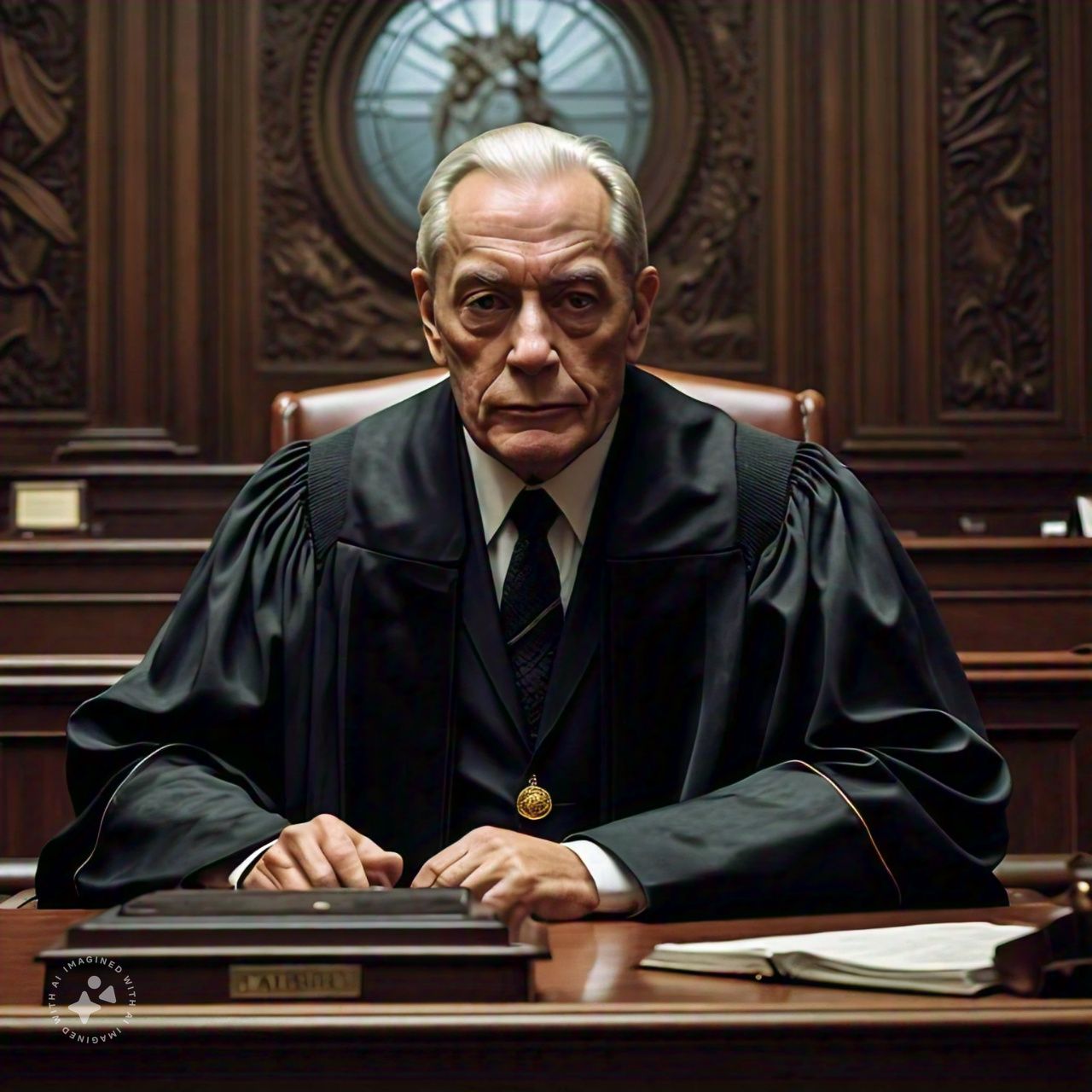
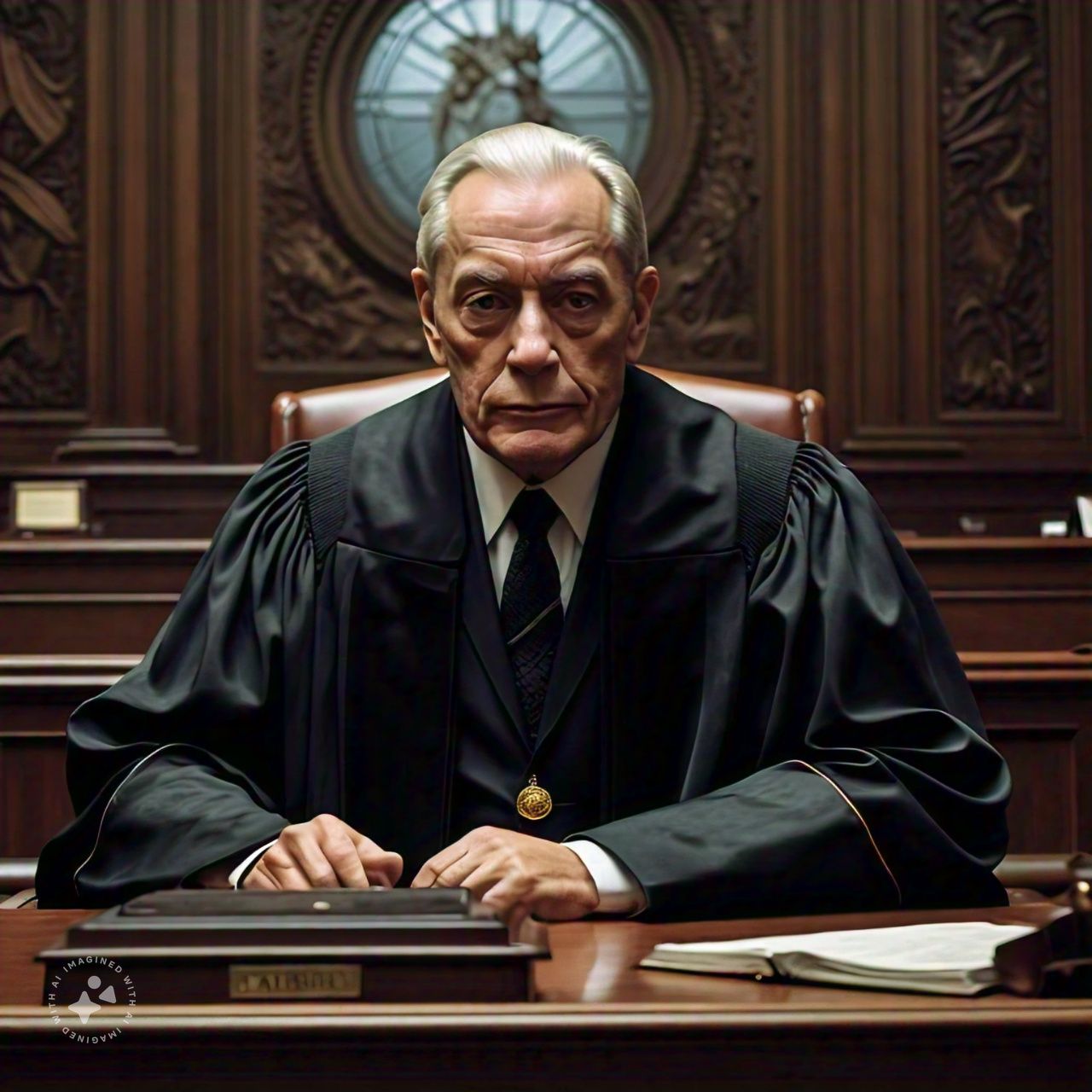
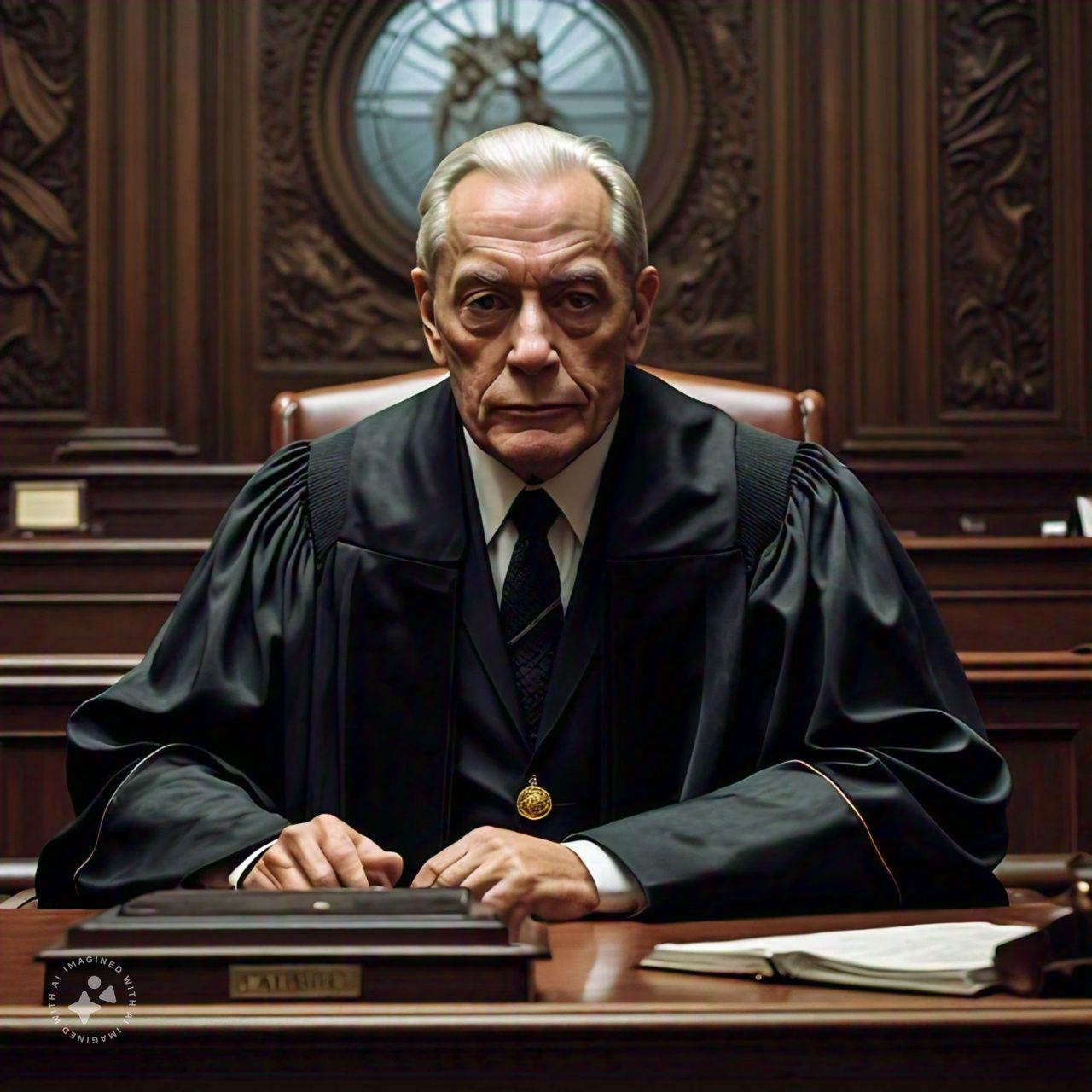
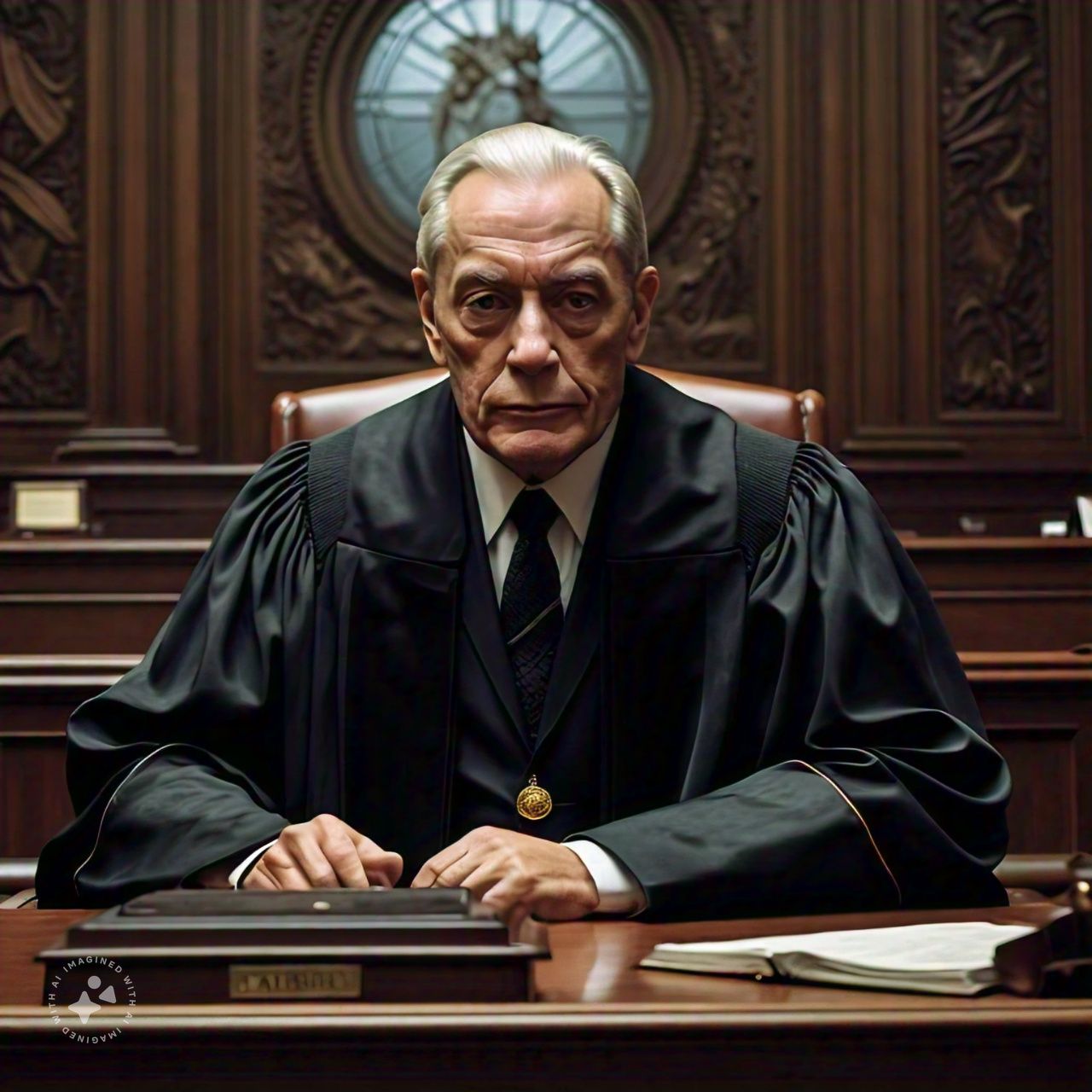
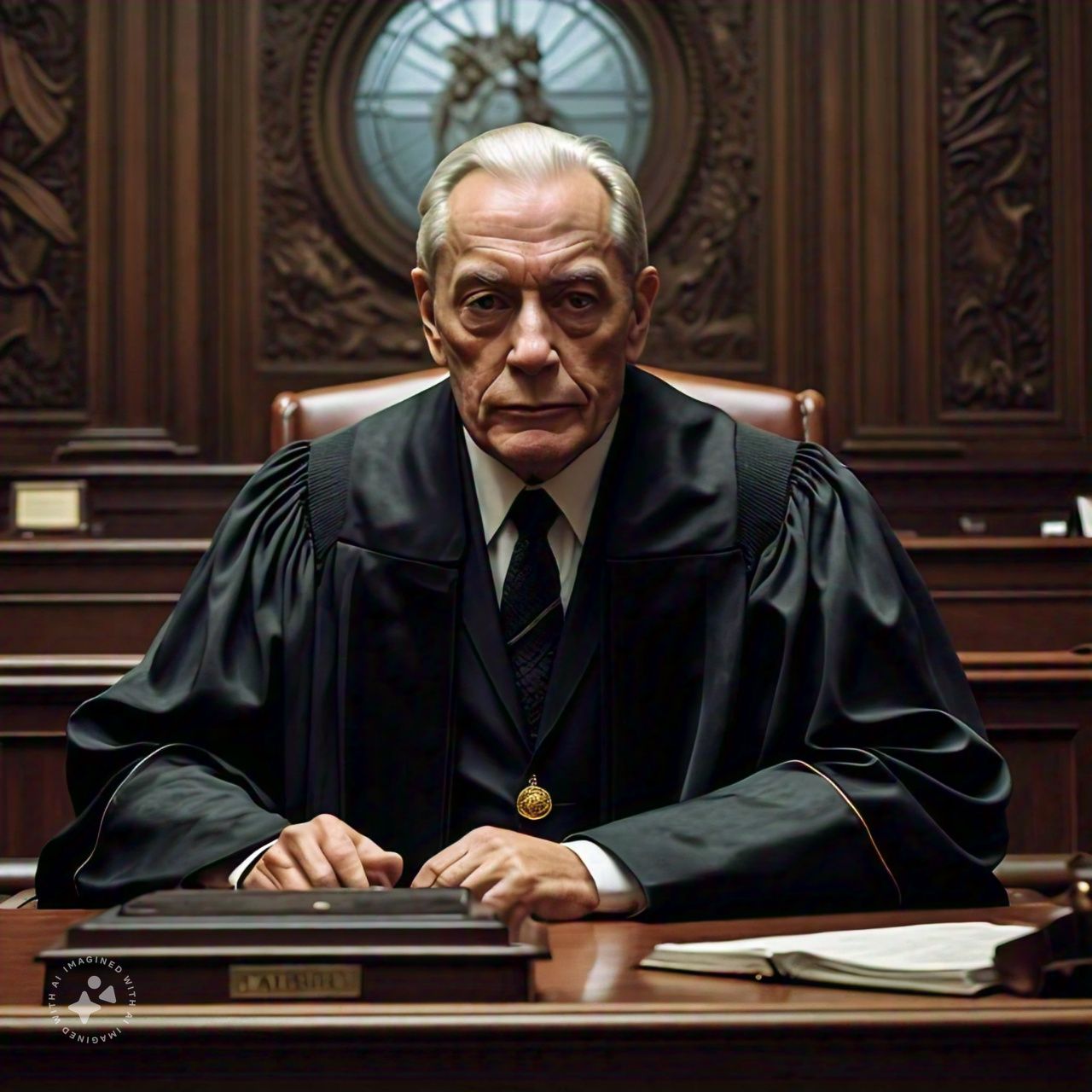
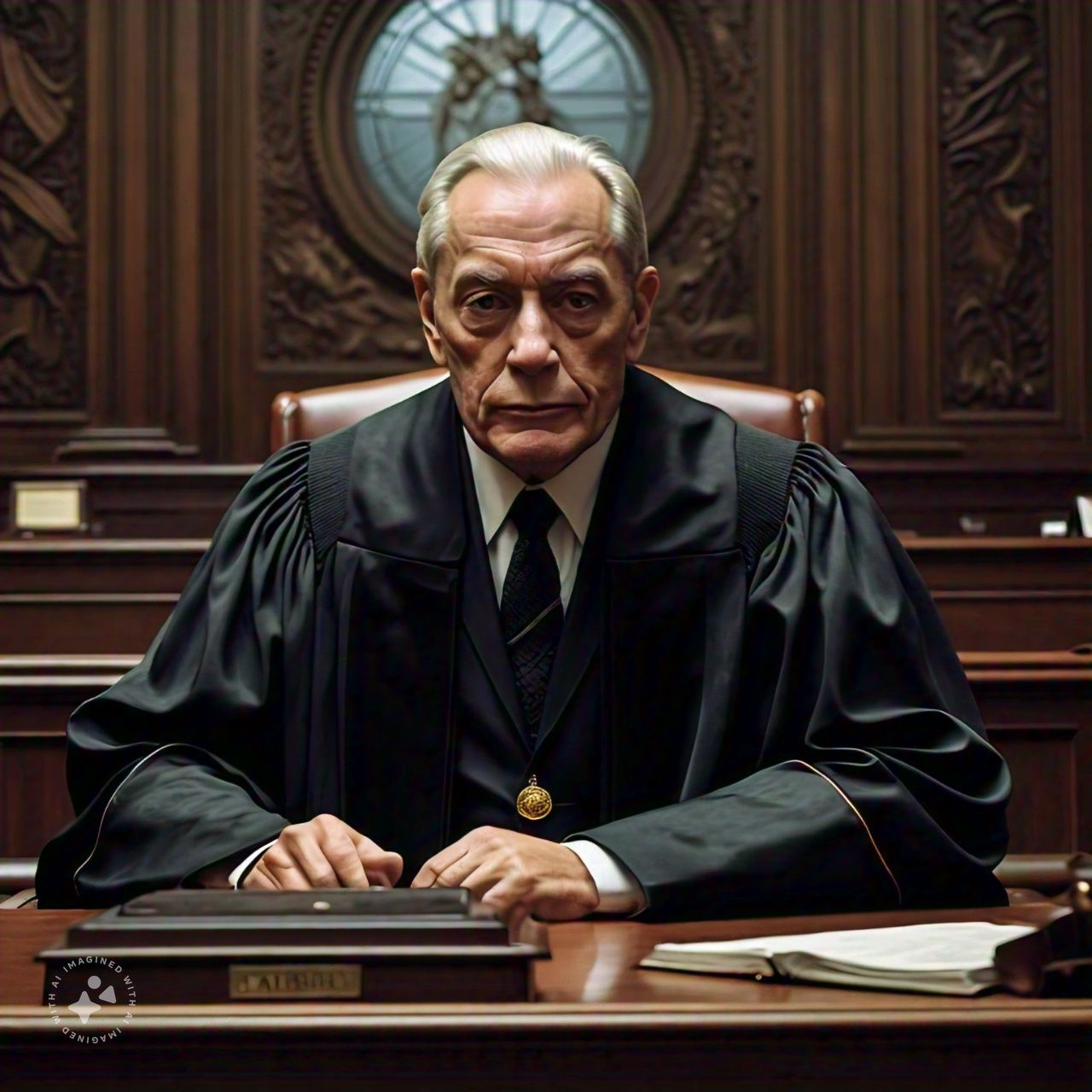
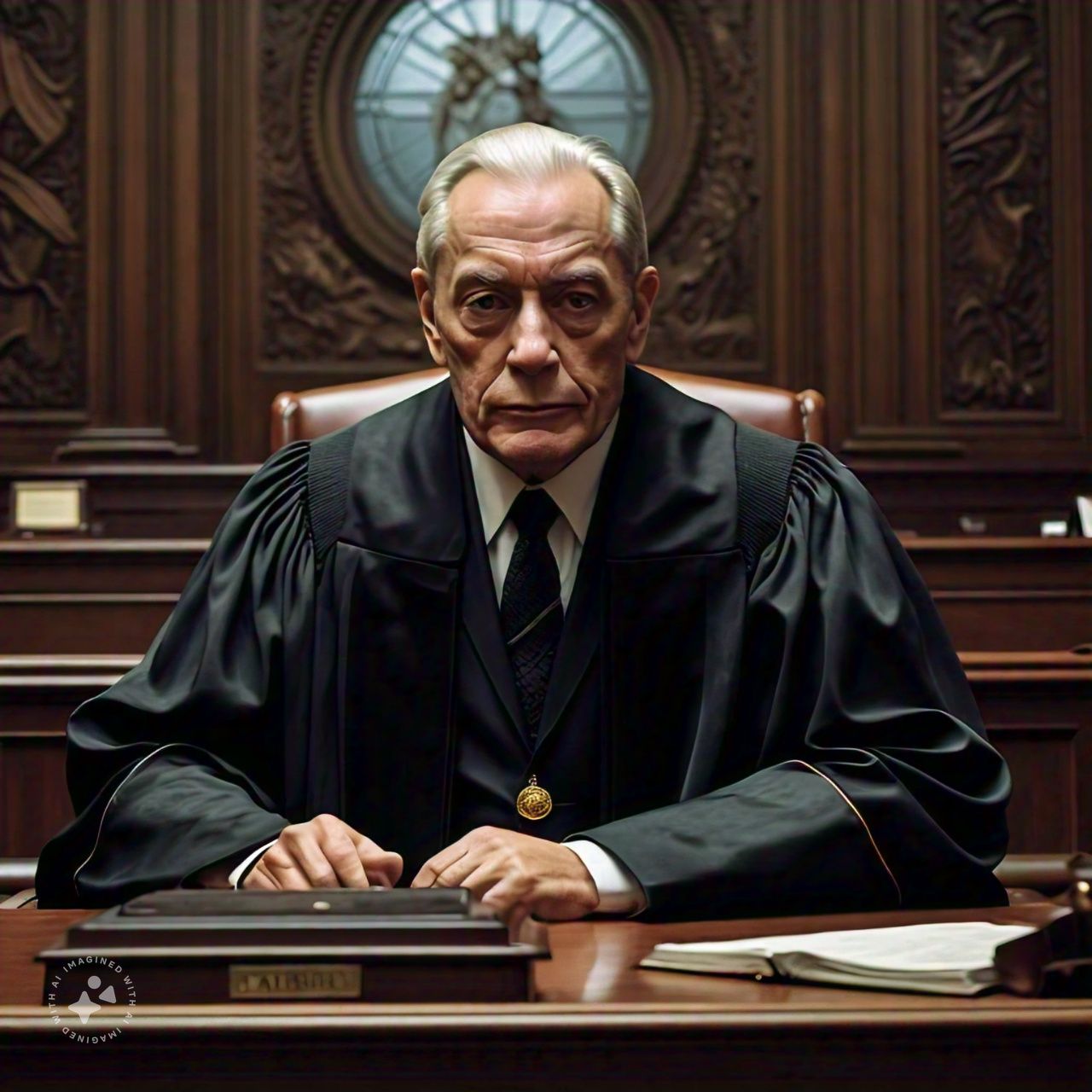
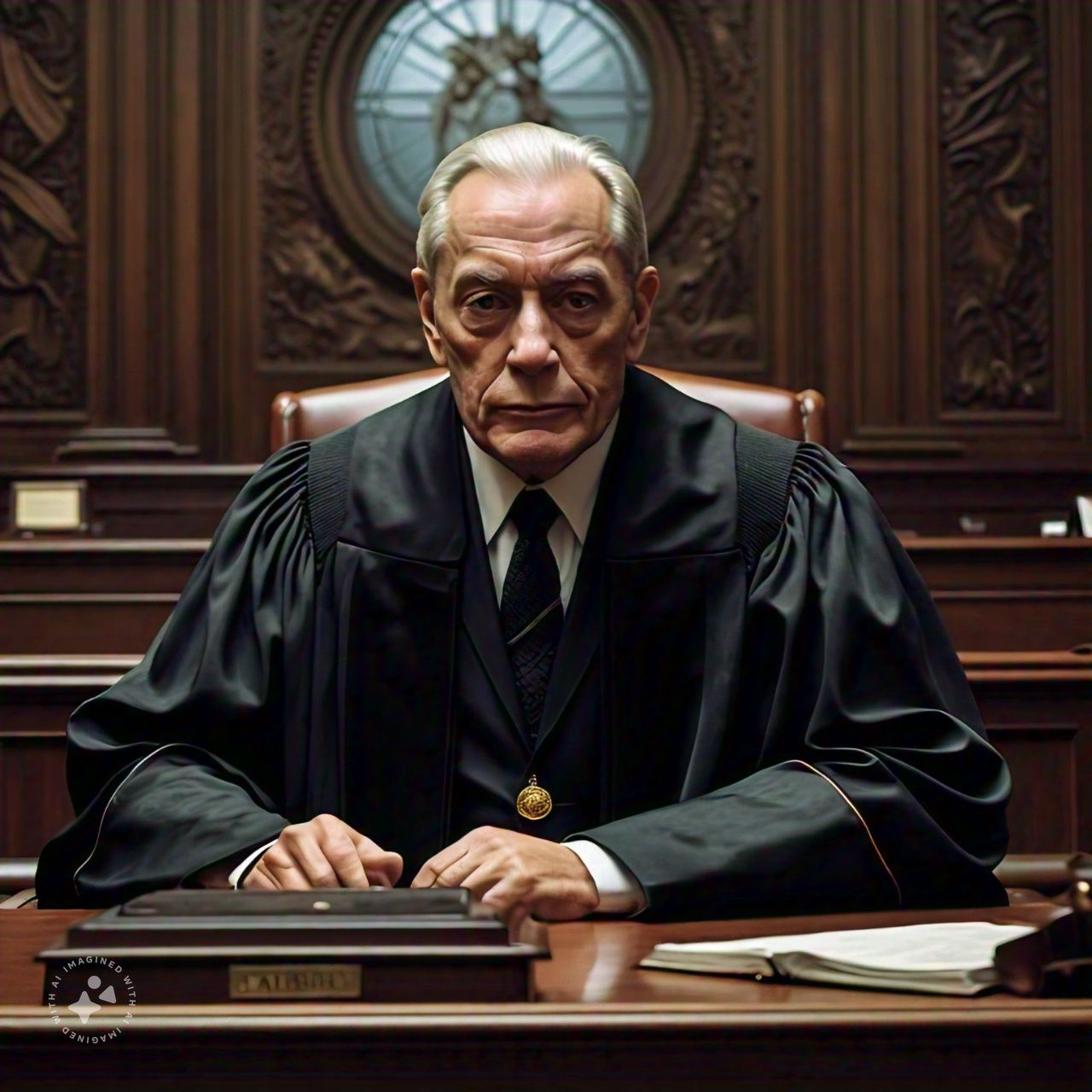
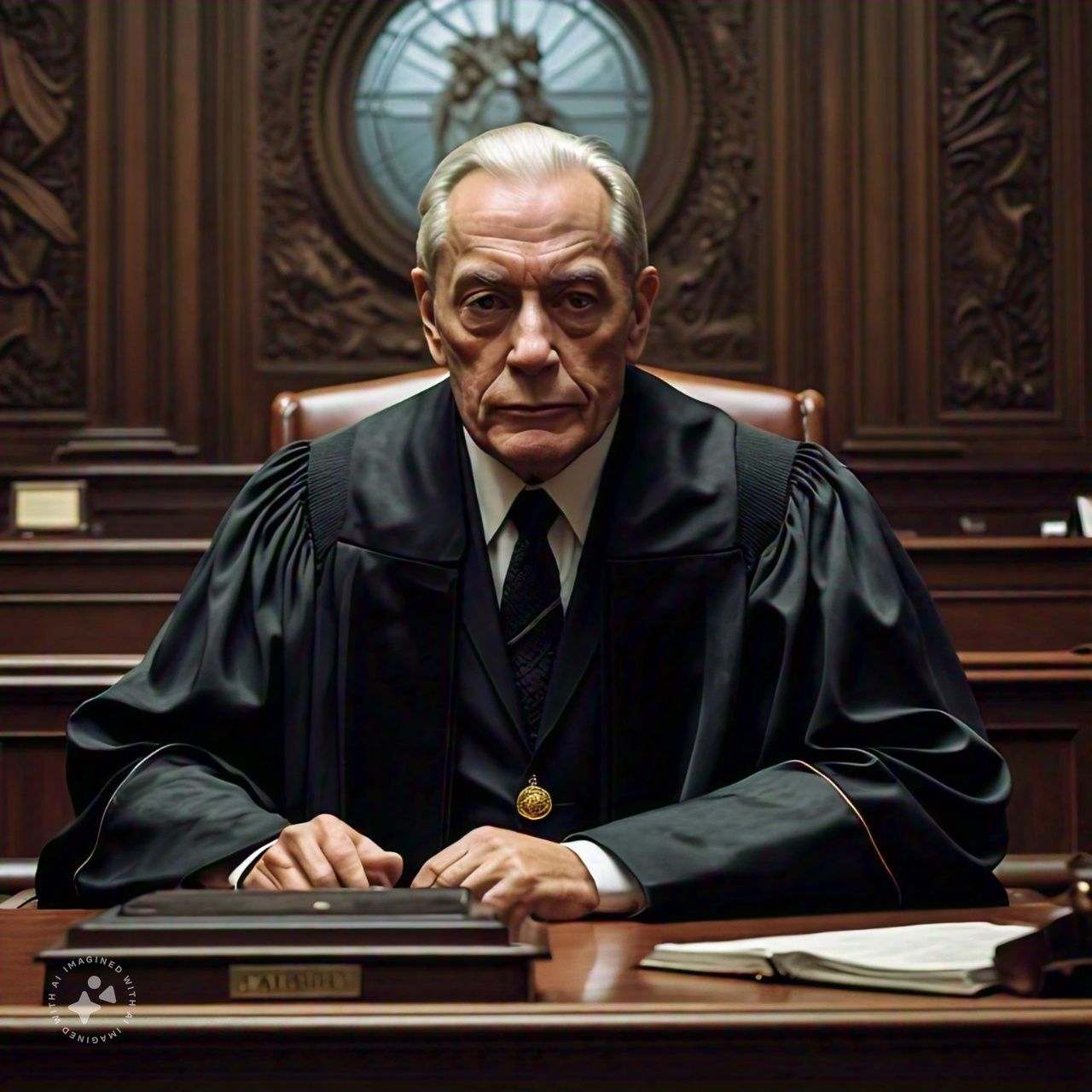
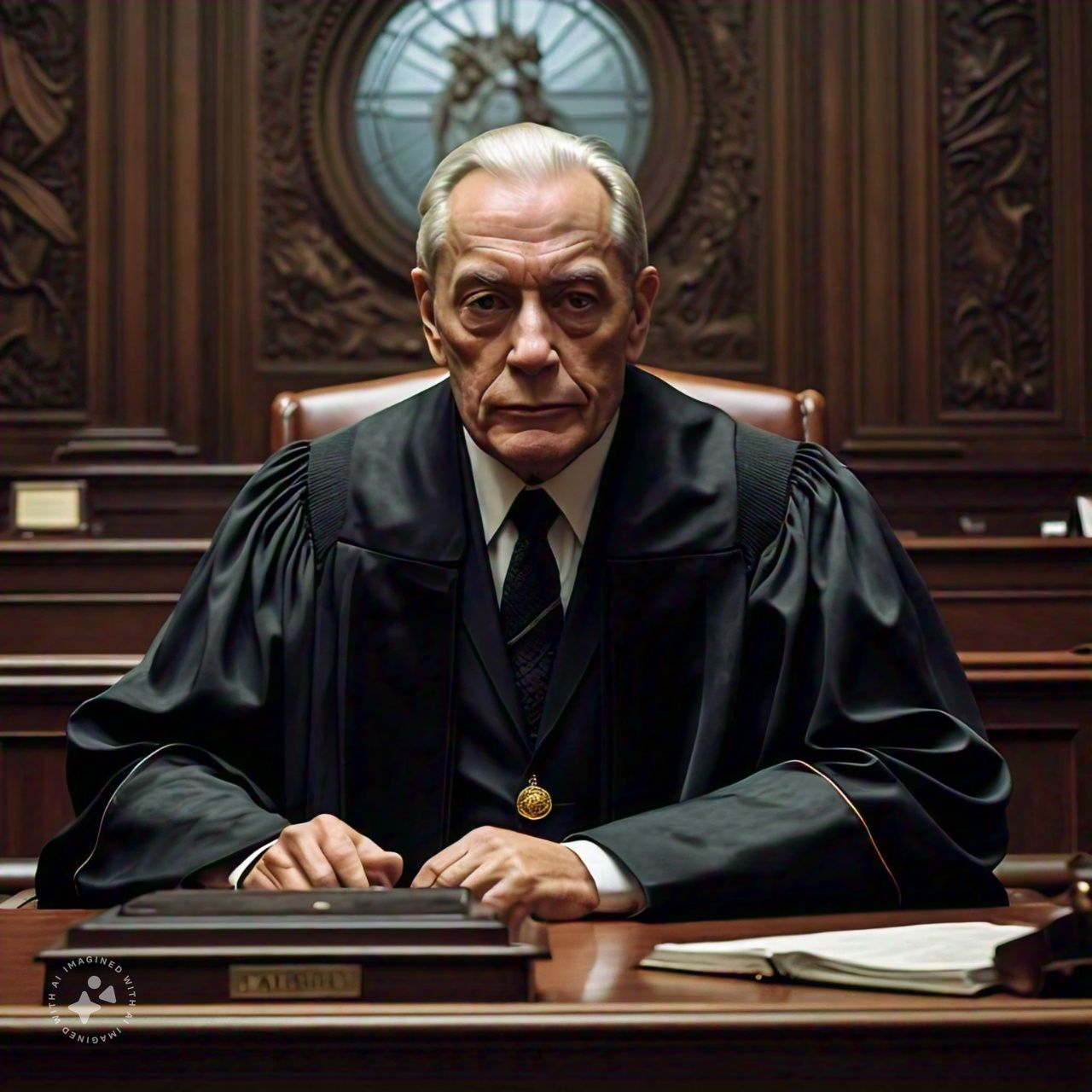
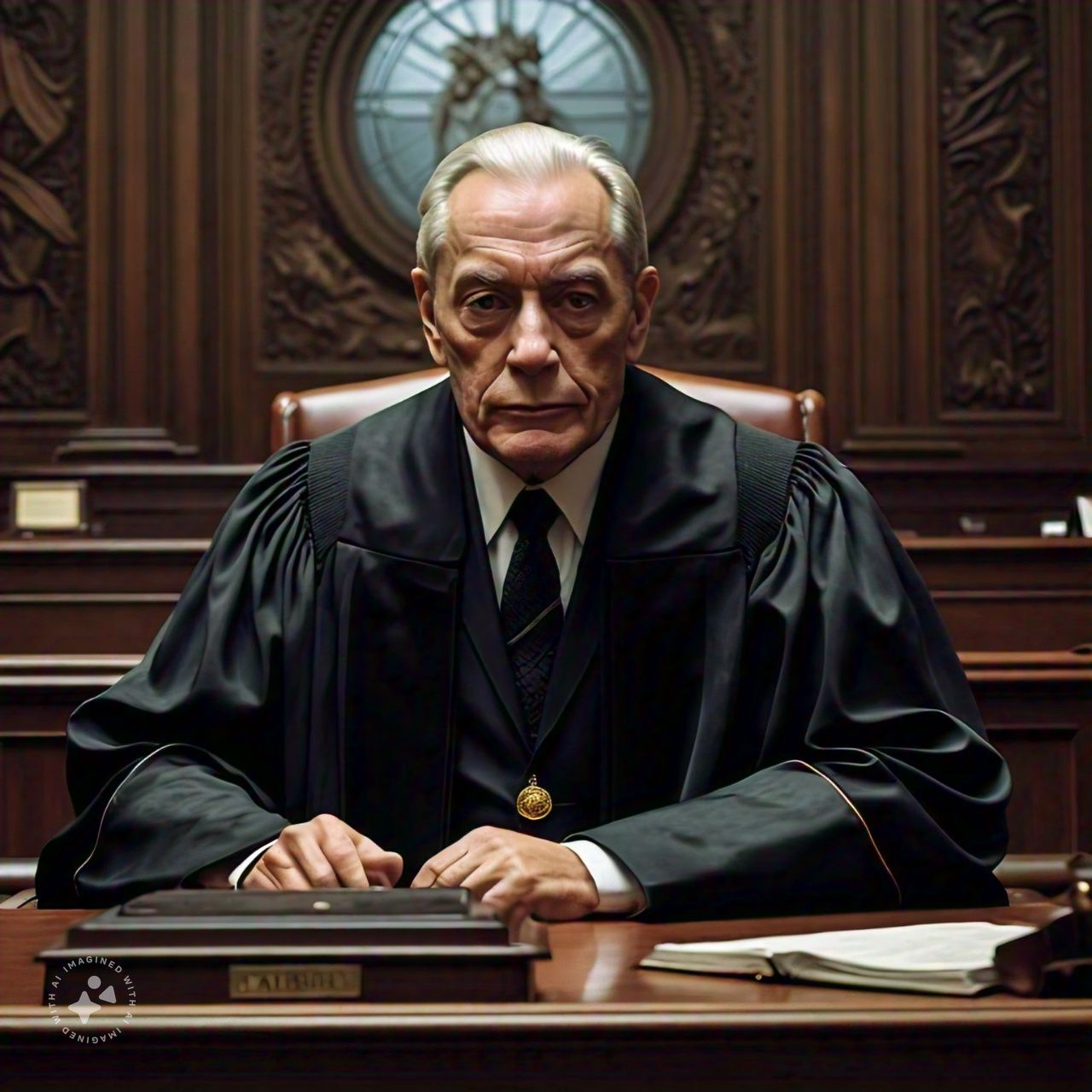
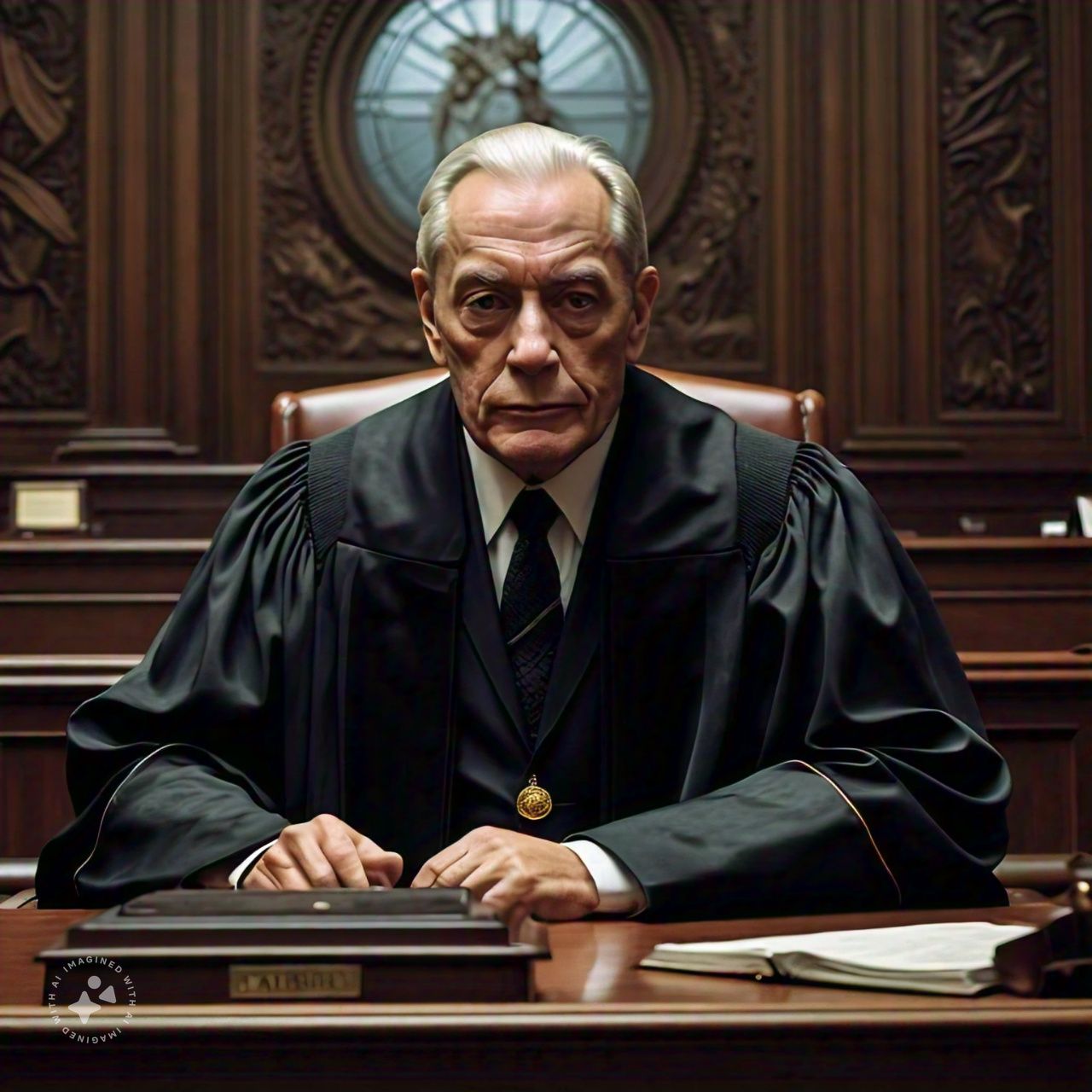
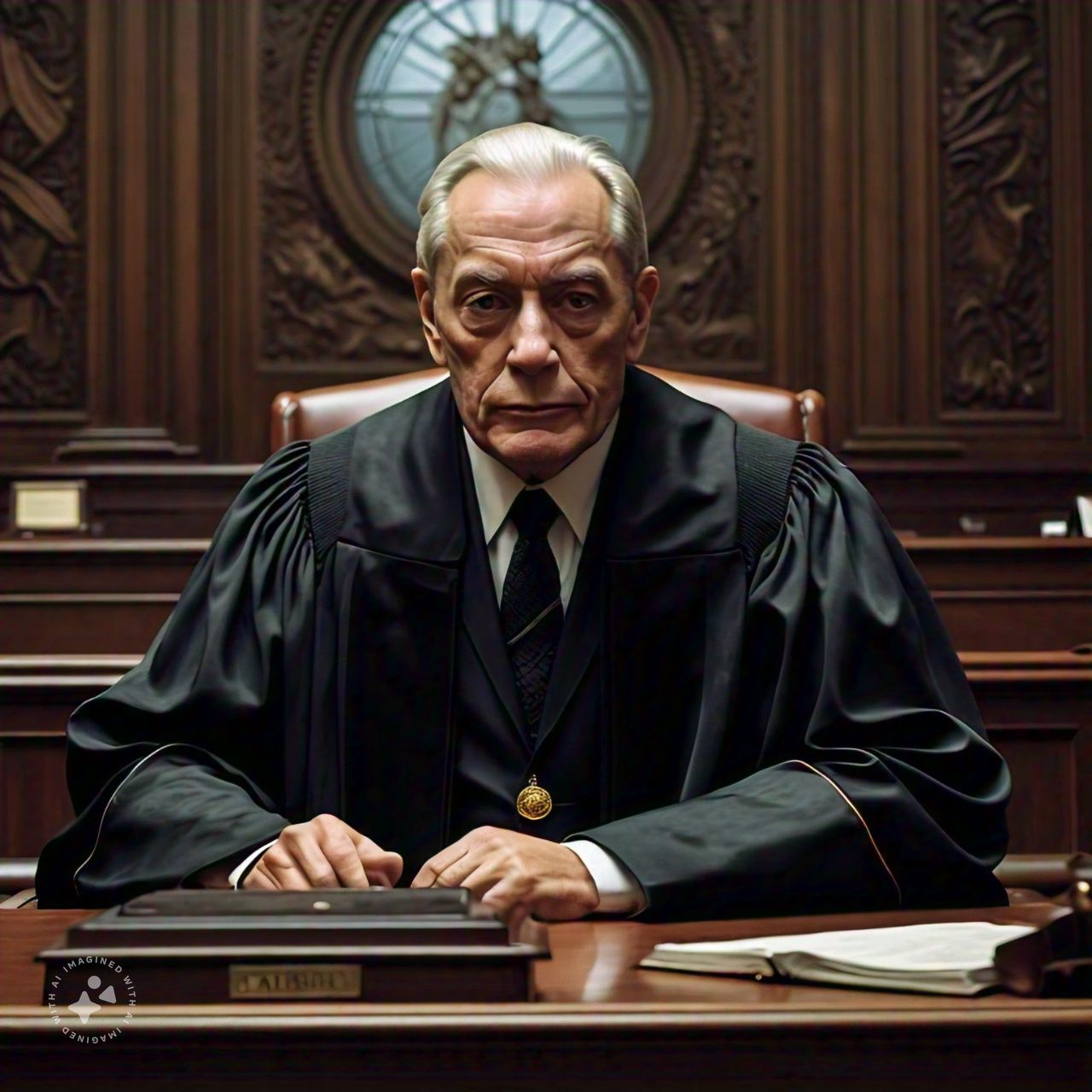
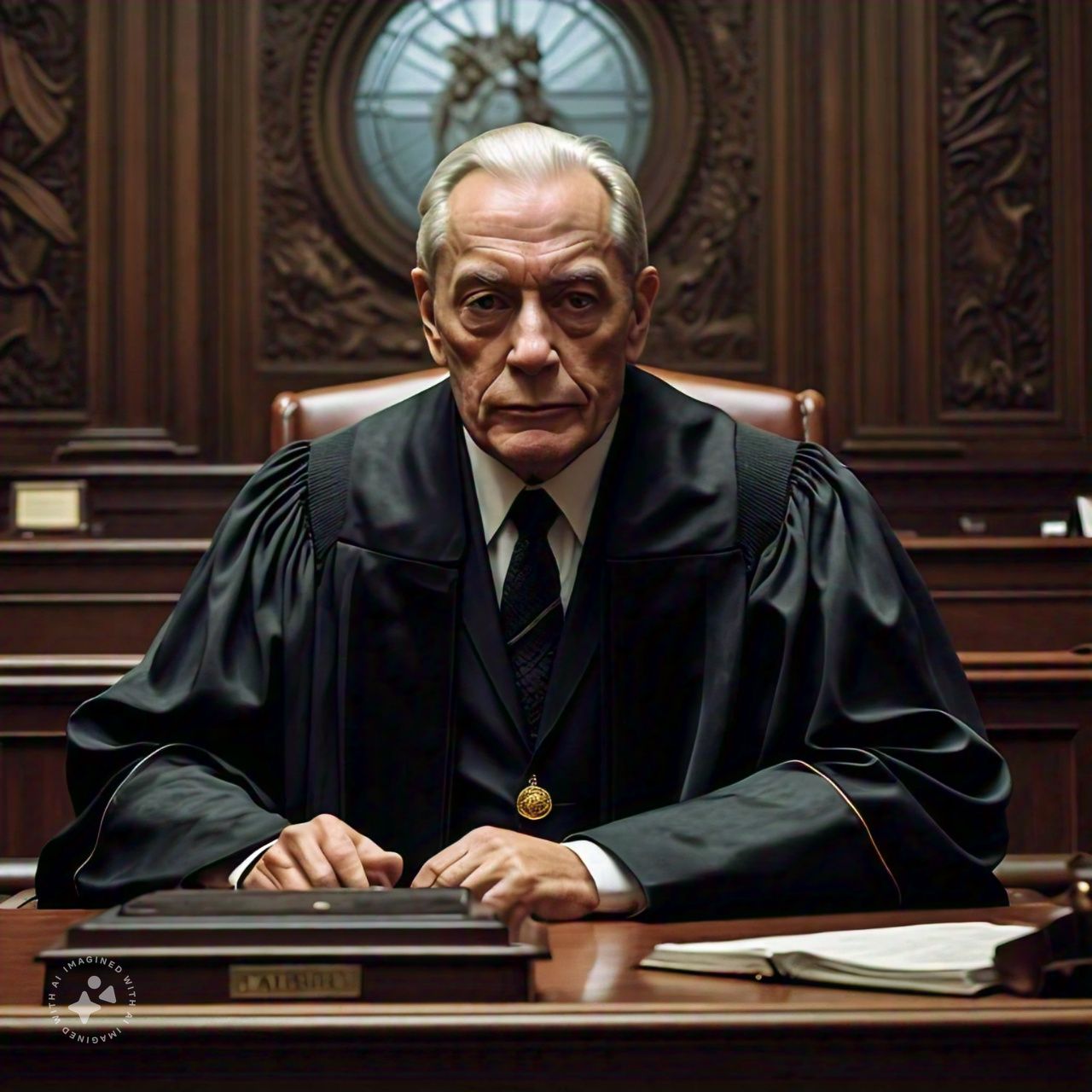
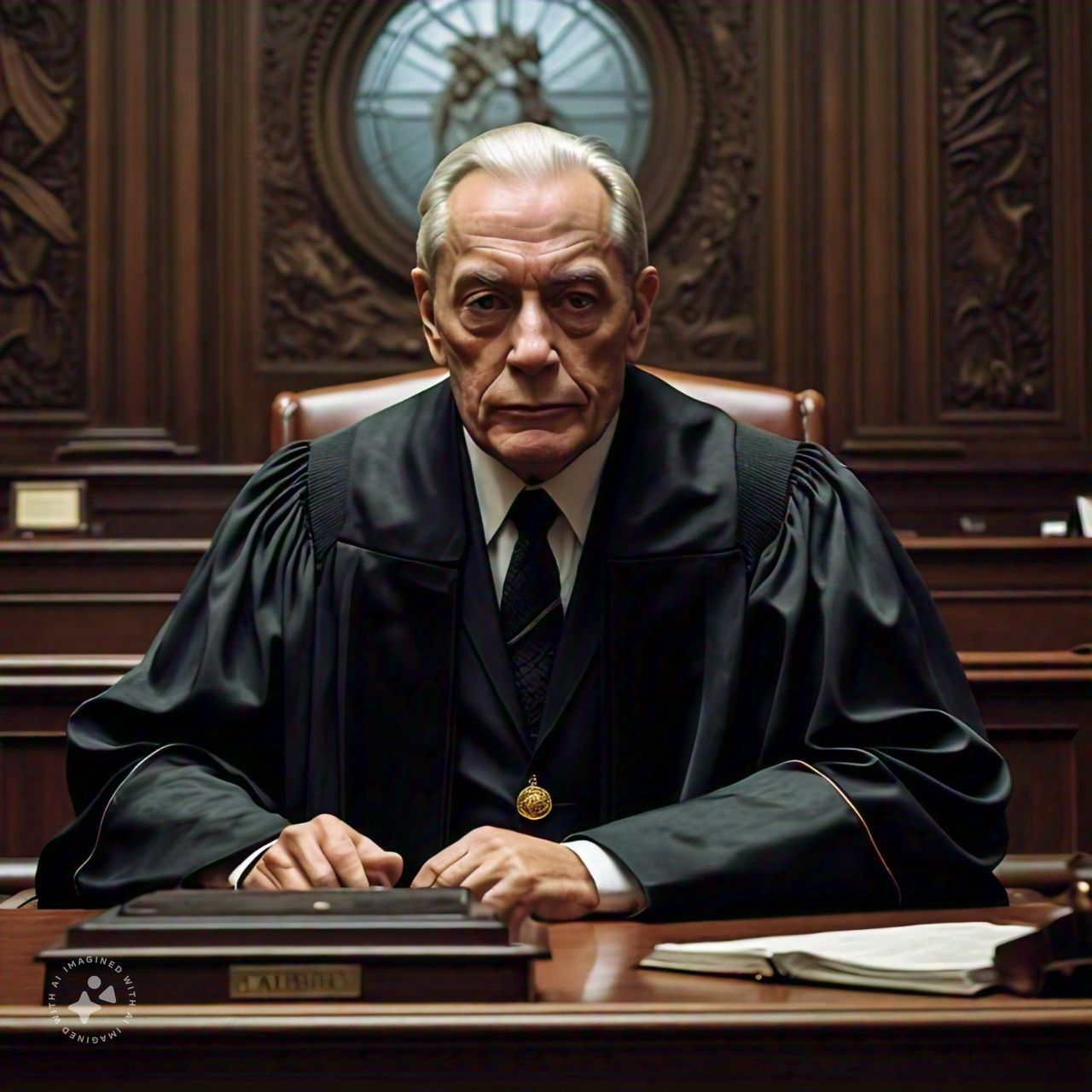
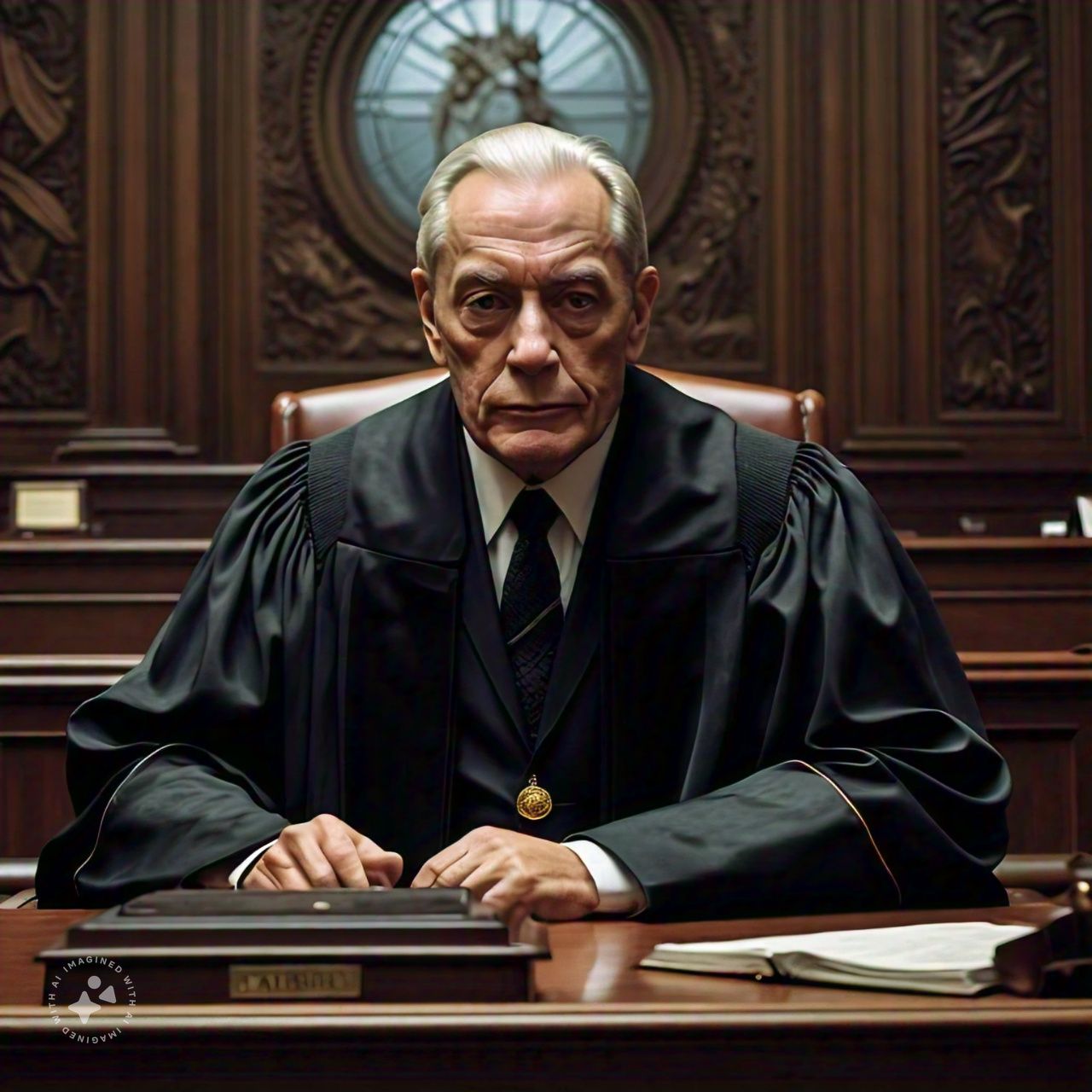
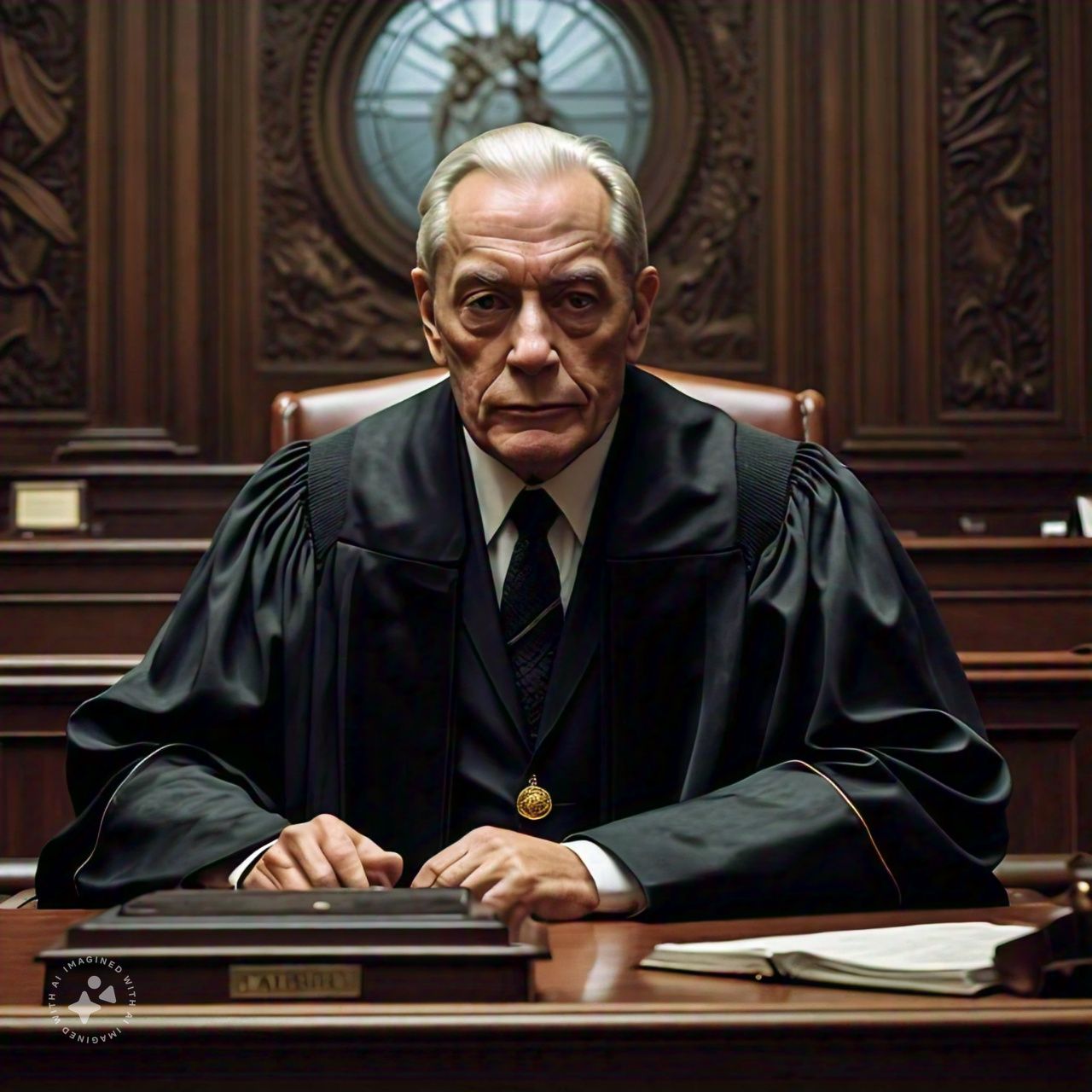
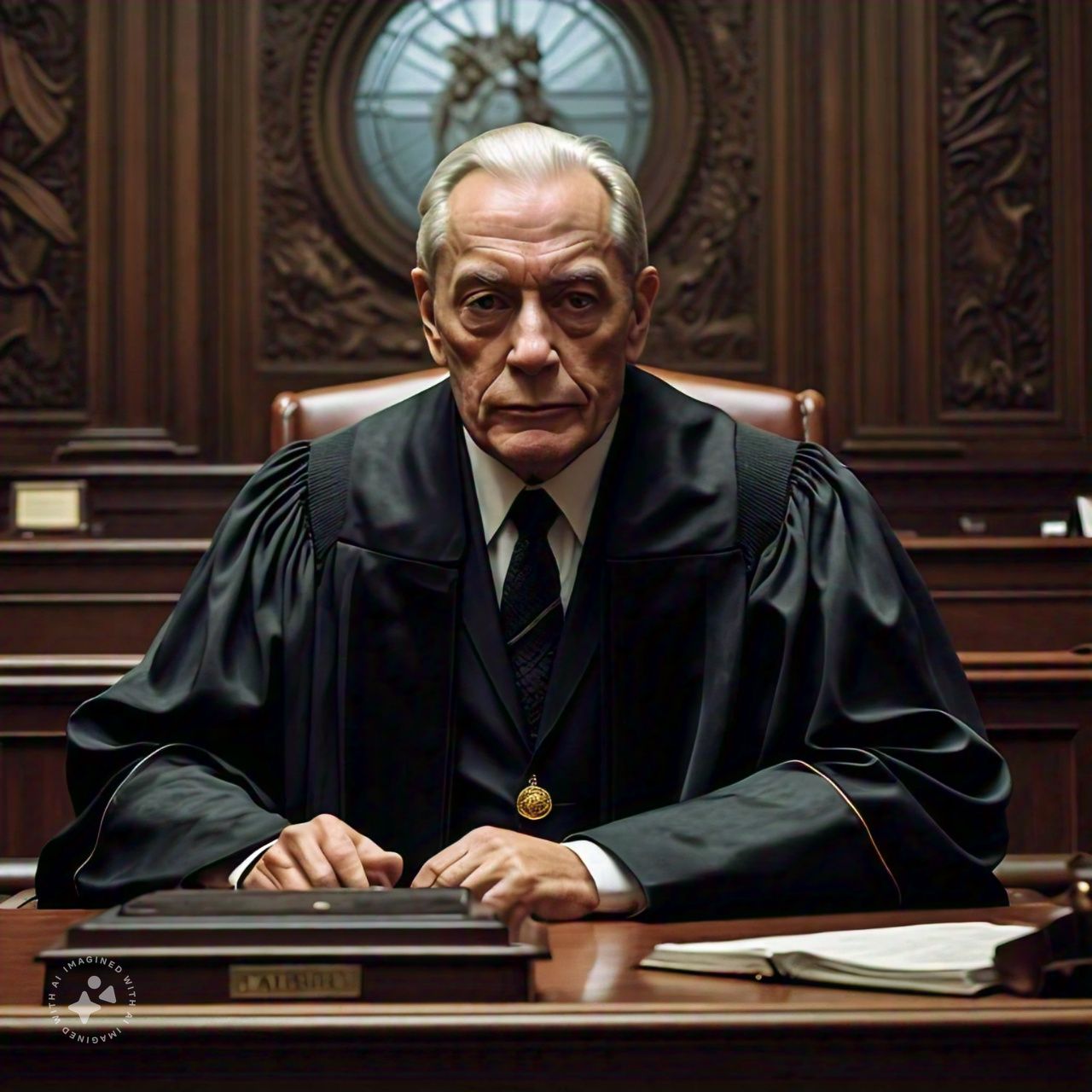
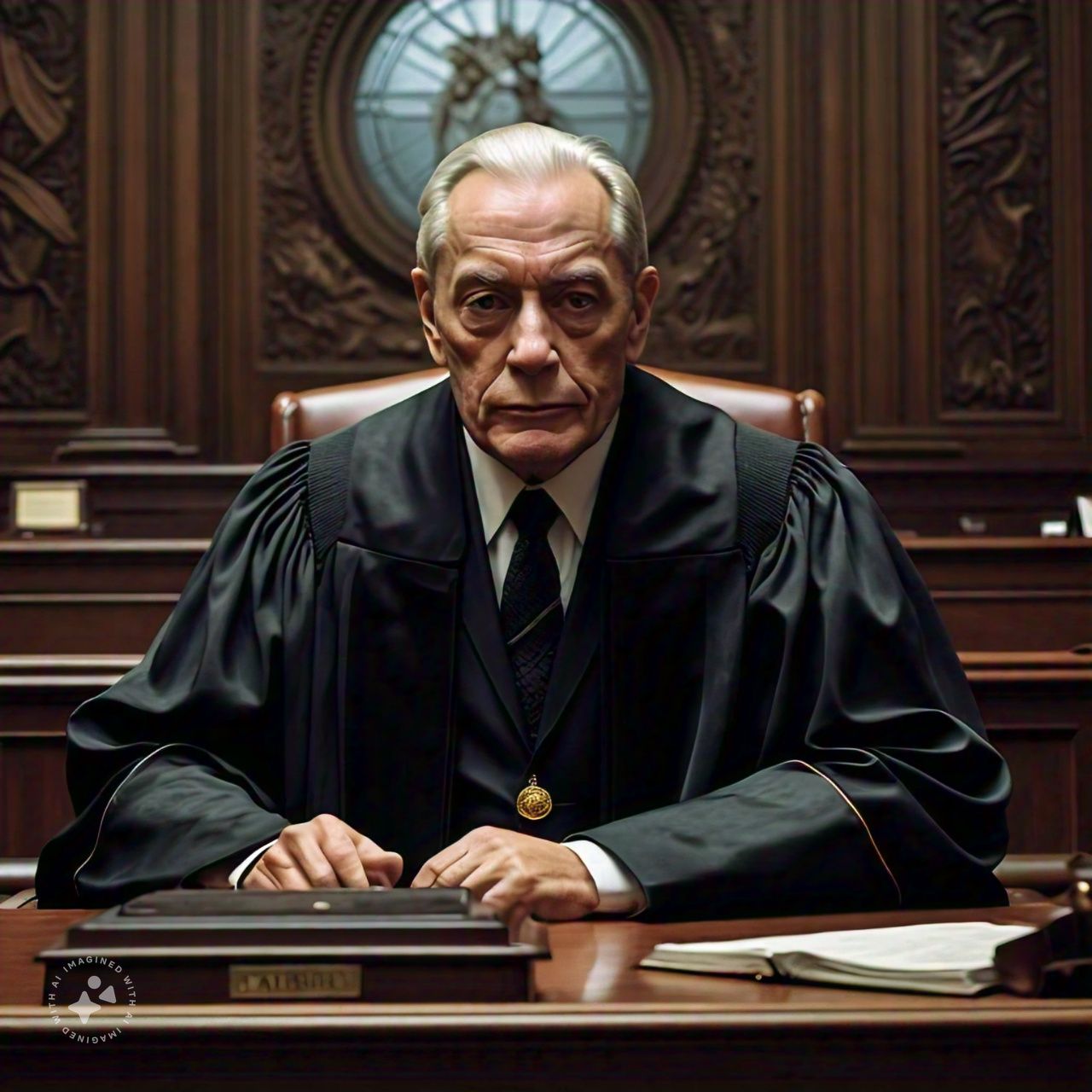
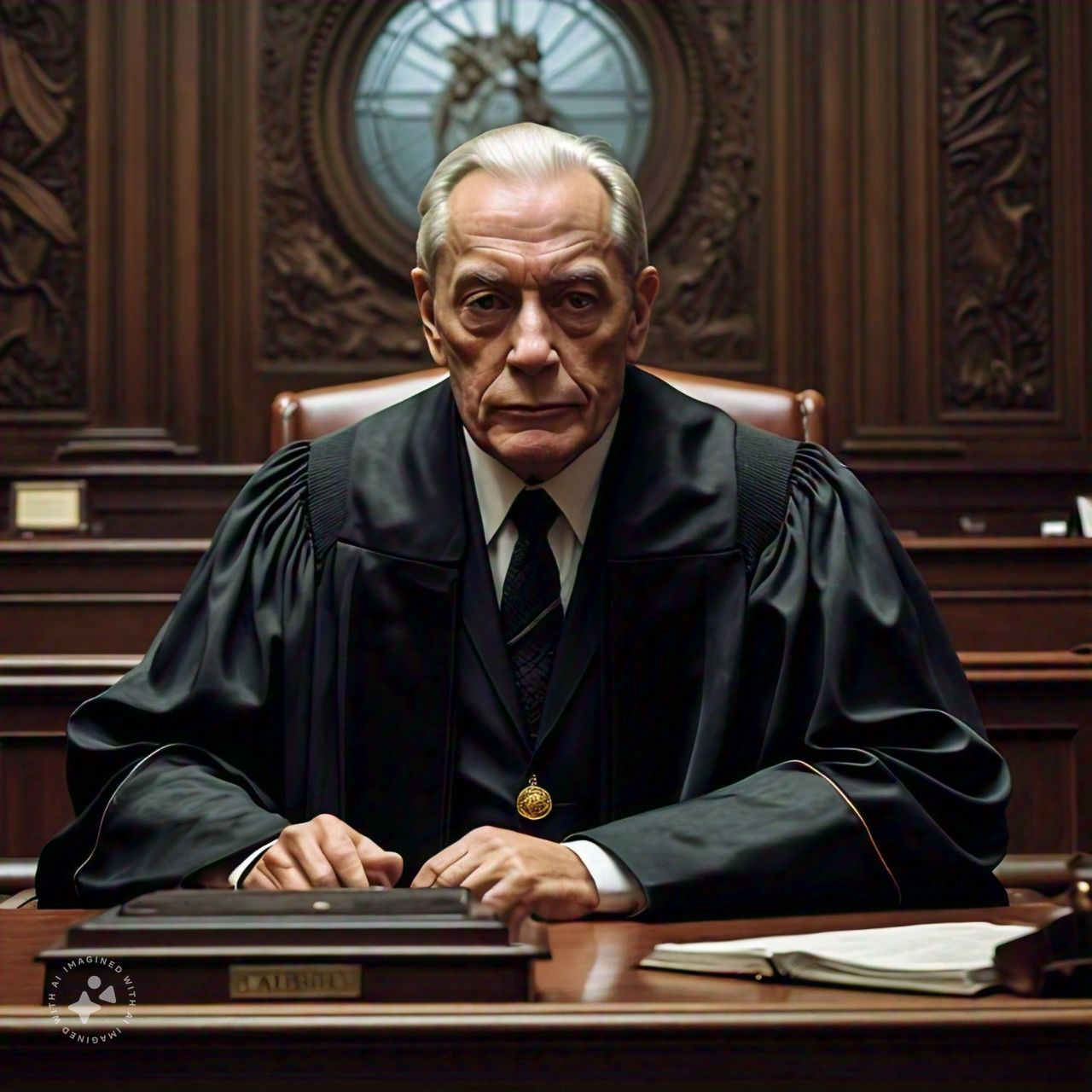
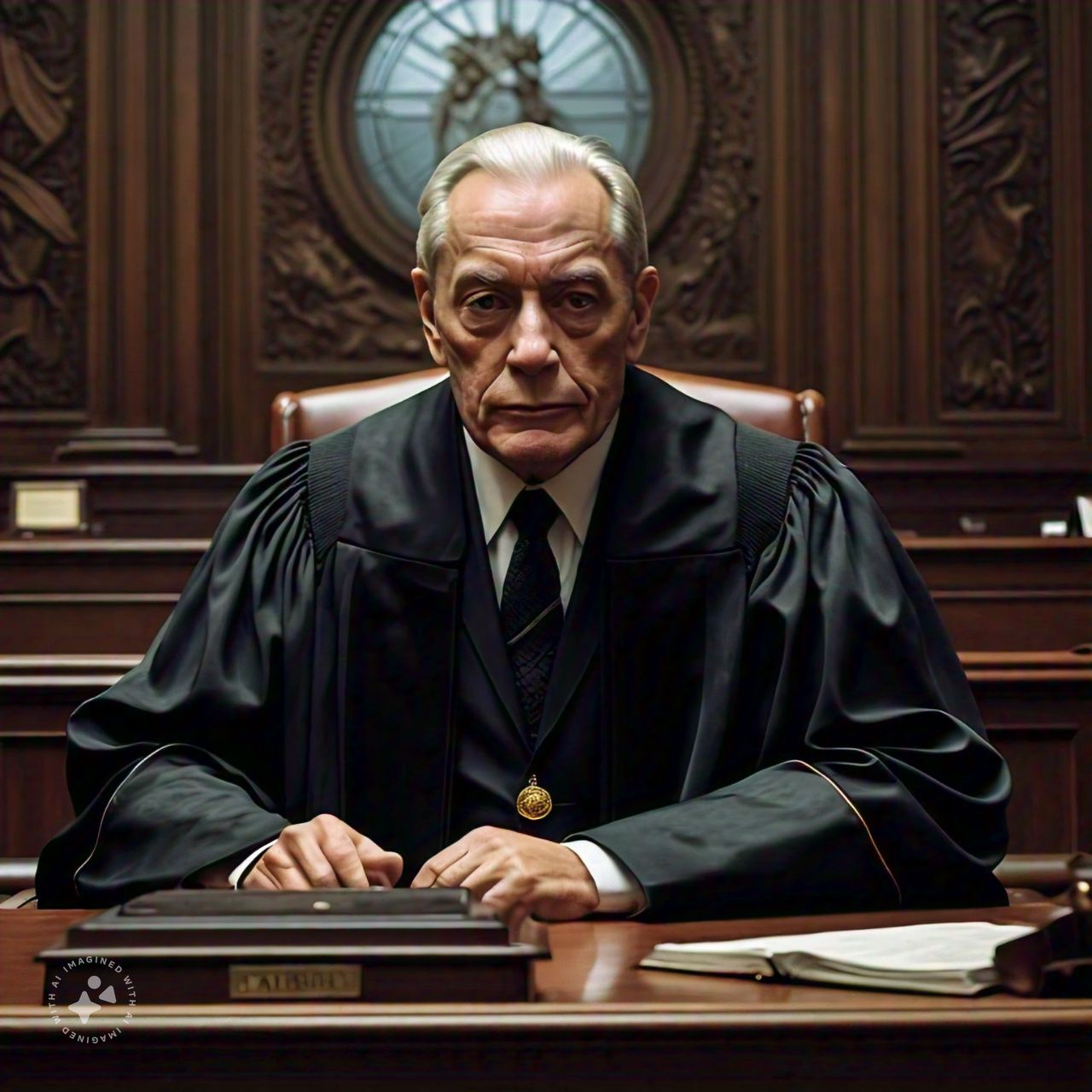
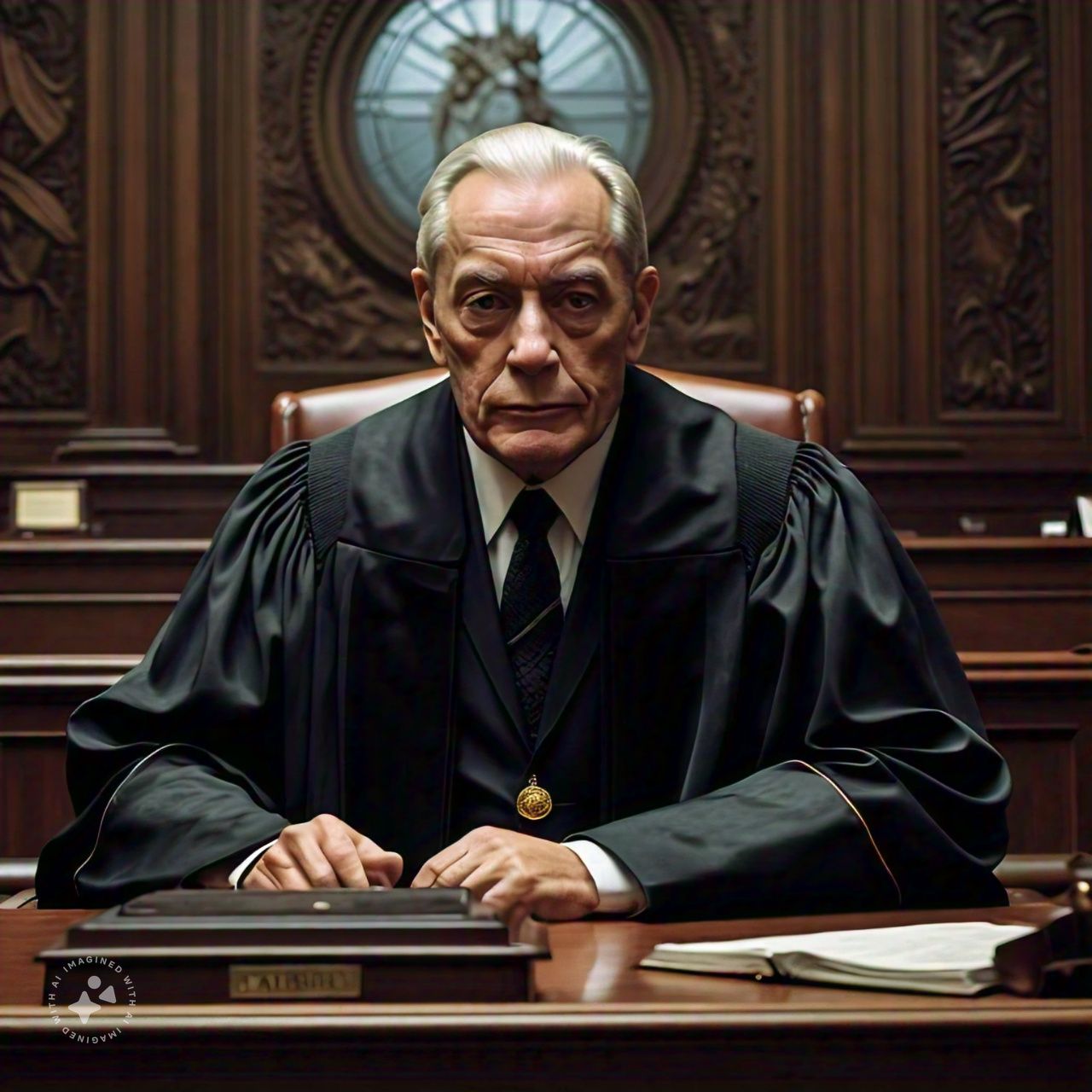
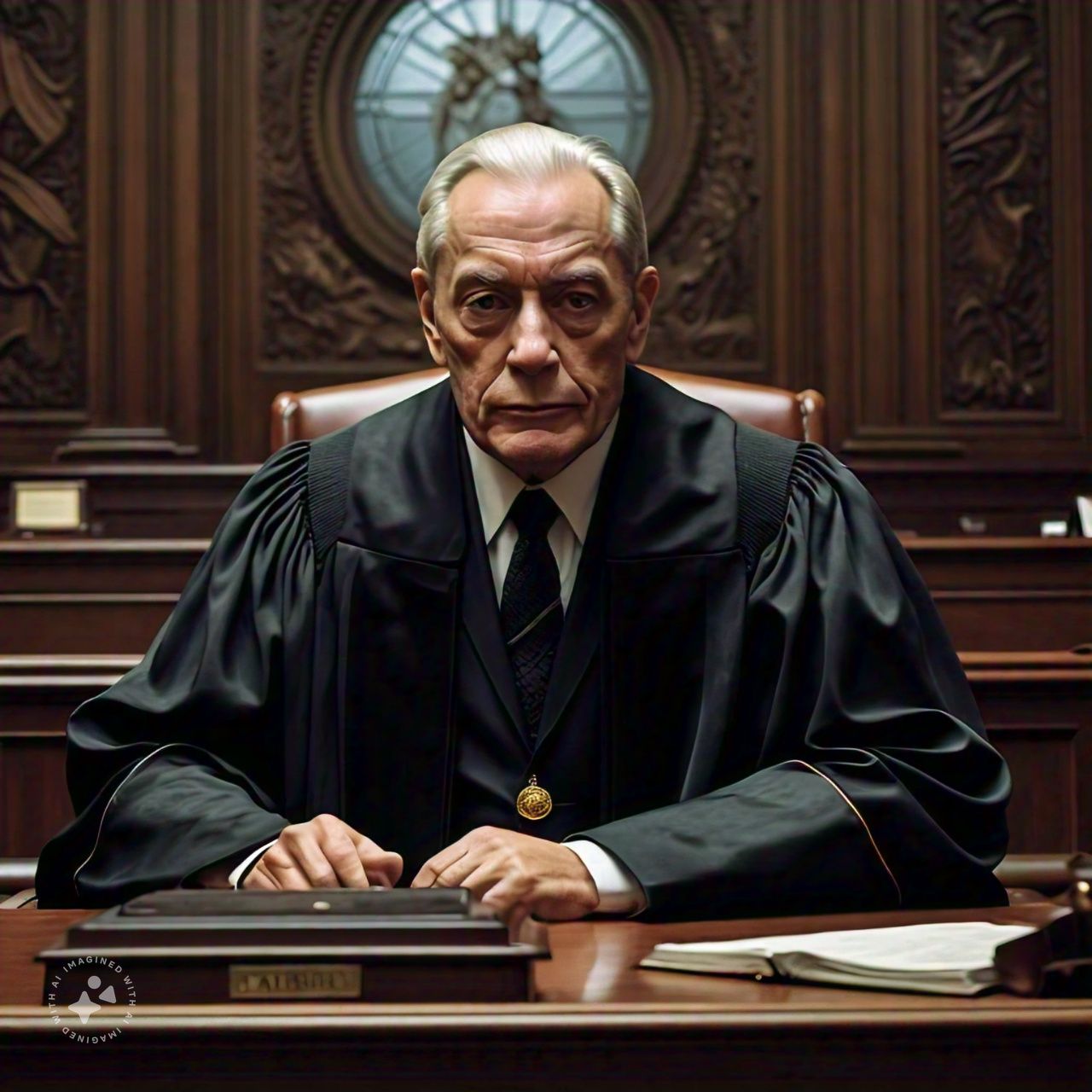
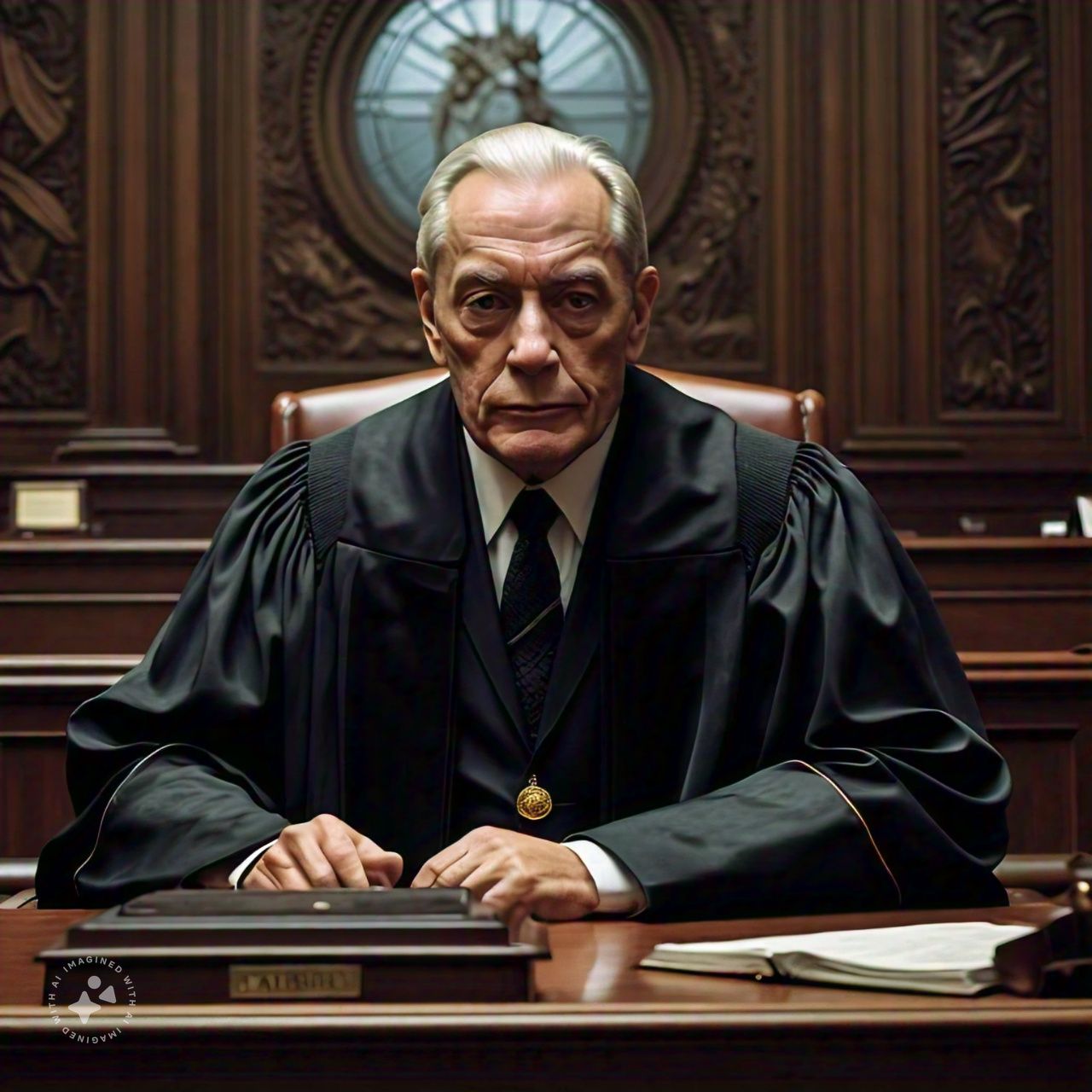


































































































Comment
Nothing for now